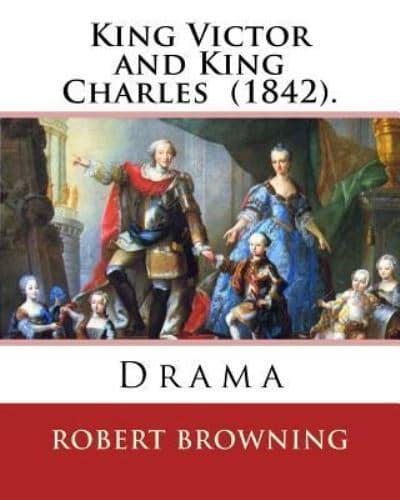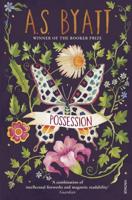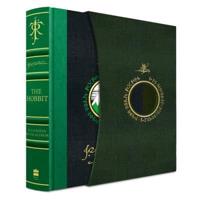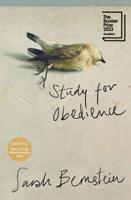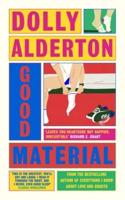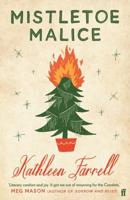Publisher's Synopsis
King Victor and King Charles was the second play written by Robert Browning for the stage. He completed it in 1839 for William Macready, who had staged Strafford two years before, but Macready rejected it as unsuitable and it was never performed. It was published in 1842 as the second number of Bells and Pomegranates. The subject of the play is the strange incident in 1730-32 in the Kingdom of Sardinia in which the elderly king, Victor Amadeus II, first abdicated in favour of his son Charles Emmanuel III, and then after months of ever-increasing complaints unexpectedly demanded to be restored. He was imprisoned until his death a year later. Browning's treatment is based on 18th century sources which cast Victor as deliberately deceptive, but he goes further to create a secret history in which Charles is exonerated from all charges of cruelty. The play is in four acts and has only four main characters: Victor, Charles, Charles's wife Polyxena, and the minister D'Ormea. Charles suffers from an inferiority complex. He has always been regarded as the dull son, forced into the role of heir after the death of his abler brother. The theme is the anxious and misguided loyalty of Charles to his father and his refusal to believe that he could have been deceived. Despite his disappointment, his virtuous behaviour finally leads to a reconciliation...... Robert Browning (7 May 1812 - 12 December 1889) was an English poet and playwright whose mastery of the dramatic monologue made him one of the foremost Victorian poets. His poems are known for their irony, characterization, dark humour, social commentary, historical settings, and challenging vocabulary and syntax. Browning's early career began promisingly, but was not a success. The long poem Pauline brought him to the attention of Dante Gabriel Rossetti, and was followed by Paracelsus, which was praised by Wordsworth and Dickens, but in 1840 the difficult Sordello, which was seen as wilfully obscure, brought his poetry into disrepute. His reputation took more than a decade to recover, during which time he moved away from the Shelleyan forms of his early period and developed a more personal style. In 1846 Browning married the older poet Elizabeth Barrett, who at the time was considerably better known than himself. So started one of history's most famous literary marriages. They went to live in Italy, a country he called "my university", and which features frequently in his work. By the time of her death in 1861, he had published the crucial collection Men and Women. The collection Dramatis Personae and the book-length epic poem The Ring and the Book followed, and made him a leading British poet. He continued to write prolifically, but his reputation today rests largely on the poetry he wrote in this middle period. When Browning died in 1889, he was regarded as a sage and philosopher-poet who through his writing had made contributions to Victorian social and political discourse - as in the poem Caliban upon Setebos, which some critics have seen as a comment on the theory of evolution, which had recently been put forward by Darwin and others. Unusually for a poet, societies for the study of his work were founded while he was still alive. Such Browning Societies remained common in Britain and the United States until the early 20th century.Browning's admirers have tended to temper their praise with reservations about the length and difficulty of his most ambitious poems, particularly The Ring and the Book. Nevertheless, they have included such eminent writers as Henry James, Oscar Wilde, George Bernard Shaw, G. K. Chesterton, Ezra Pound, Jorge Luis Borges, and Vladimir Nabokov. Among living writers, Stephen King's The Dark Tower series and A.S. Byatt's Possession refer directly to Browning's work.....
